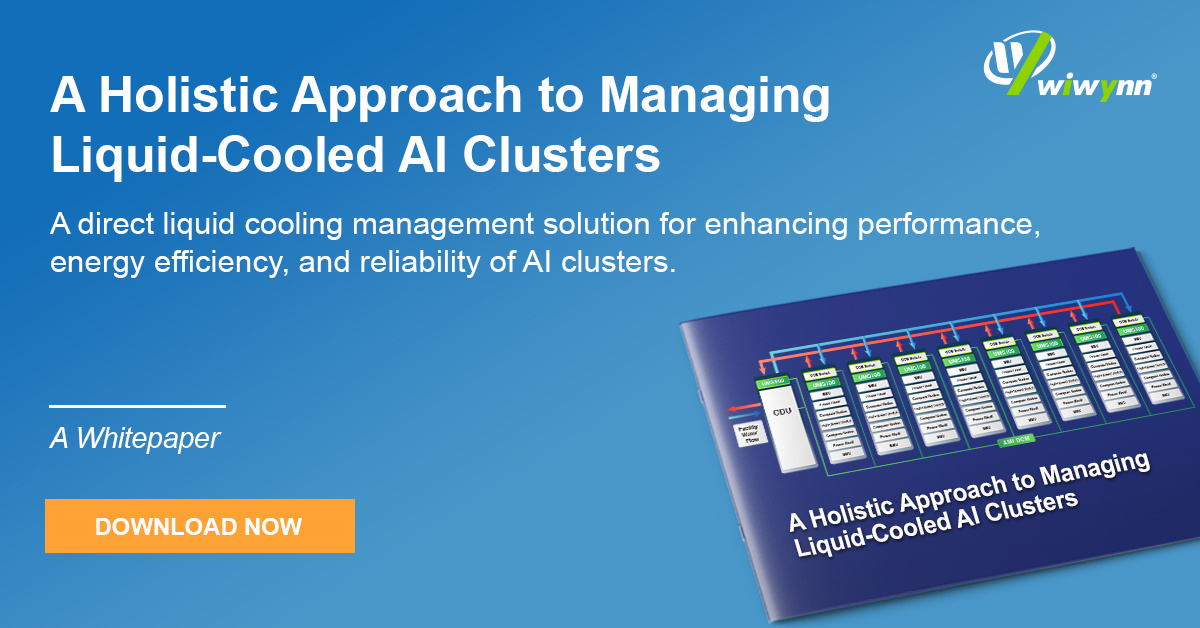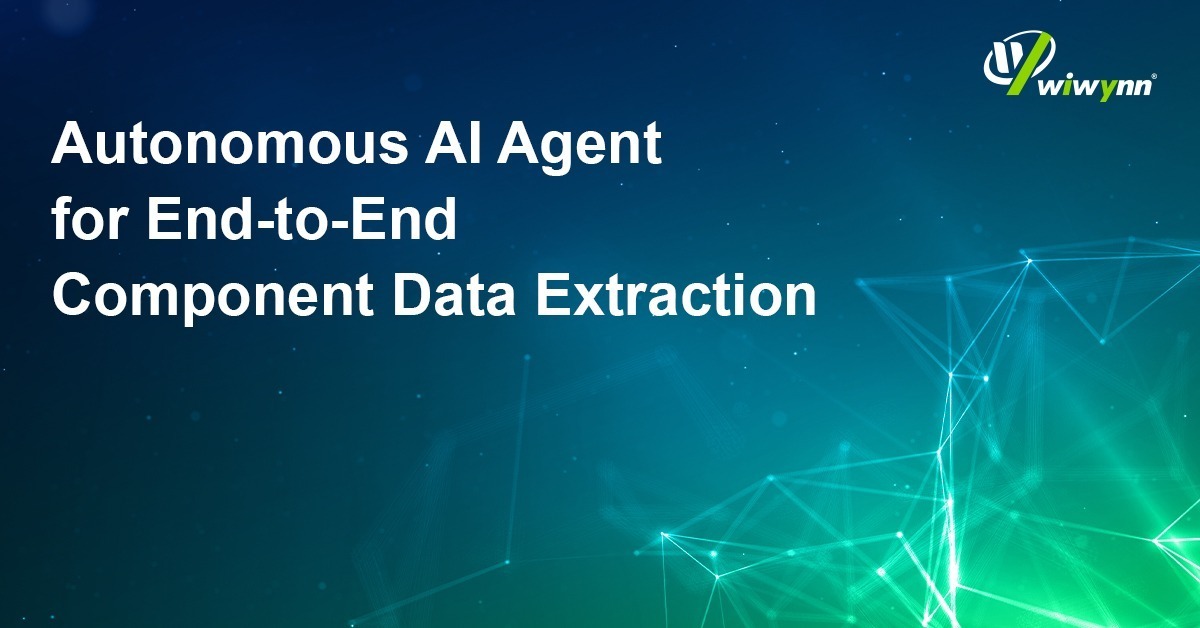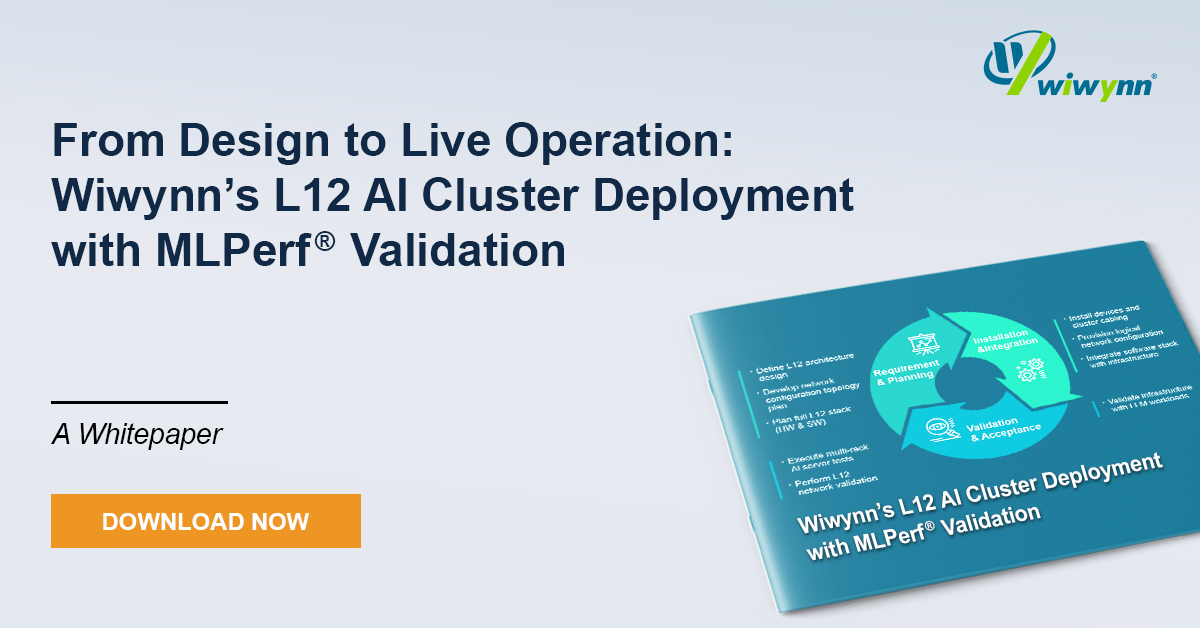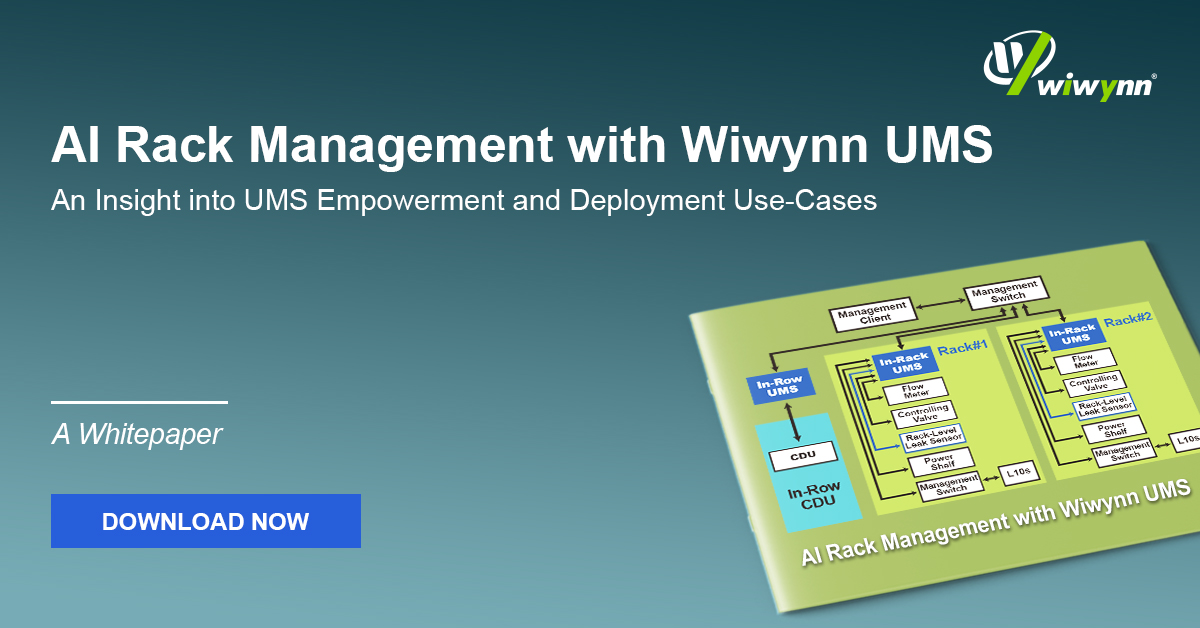2 min read
Autonomous AI Agent for End-to-End Component Data Extraction
1. Objective Streamline complex, error-prone manual data entry Reallocate engineering talent to high-value innovation Achieve end-to-end automation...
Press
Updated on July 11, 2025

The integration of advanced liquid cooling systems in AI clusters is essential for maintaining thermal stability and optimizing performance. Key components such as AI racks, Cooling Distribution Units (CDUs), the Wiwynn UMS100 (Universal Management System), and AMI DCM (Data Center Manager) work together to ensure efficient cooling management. The Wiwynn UMS100 manages cooling at multiple levels, serving as a bridge between individual servers and the overall cooling system, while the AMI DCM provides a centralized platform for monitoring and managing all servers and devices within the AI cluster. This integrated approach enhances performance, improves energy efficiency, and ensures reliability.
Register to Download the whitepaper!

2 min read
1. Objective Streamline complex, error-prone manual data entry Reallocate engineering talent to high-value innovation Achieve end-to-end automation...

1 min read
Deploying large-scale AI clusters introduces engineering challenges that extend well beyond the individual server rack. From liquid cooling...

1 min read
This paper discusses the rapid expansion of AI workloads and the resulting transformation in data center infrastructure requirements. Traditional...